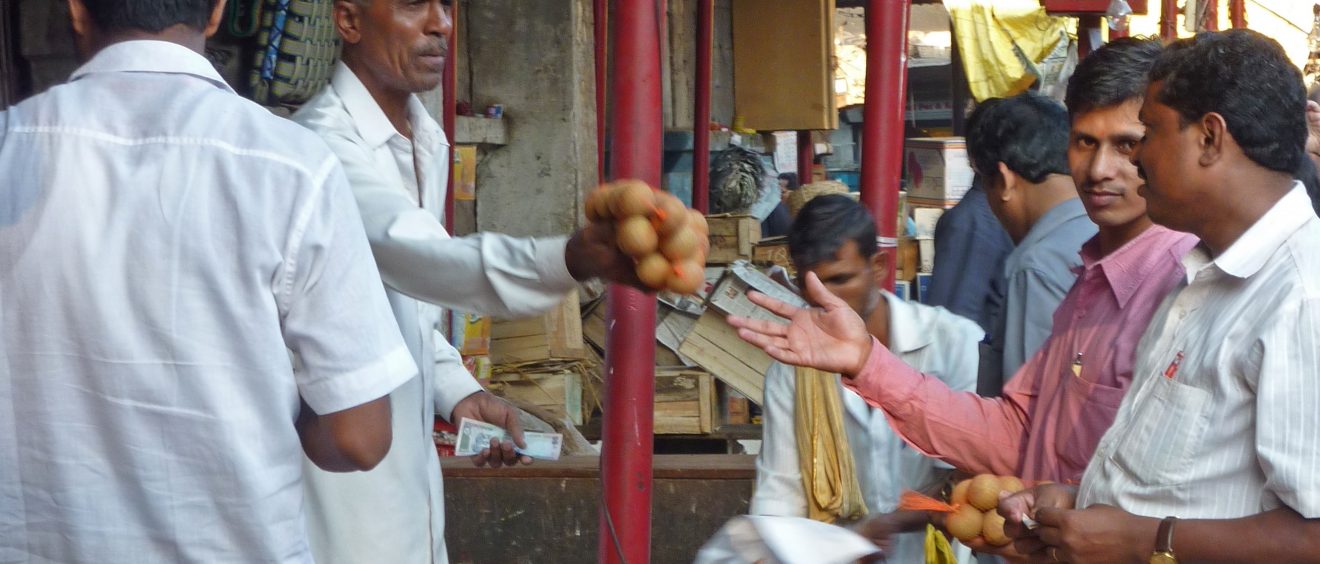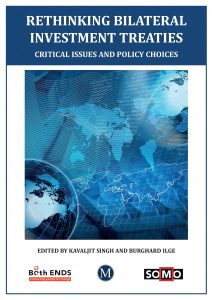
Reforming Bilateral Investment Treaties
Free trade no longer an end in itself
Nearly 60 years ago, Germany and Pakistan were the first countries to sign a bilateral trade agreement (BIT). Today, around 3,000 BITs and other international investment agreements for a large part determine how and where global capital flows. It seems as though trade and investment no longer are considered a means to an end (that is, employment, economic growth, state revenue); they have become an end in itself. Meanwhile, developing countries suffer the repercussions of the investment agreements they have signed over the years.
A major culprit is the Investor-to-State Dispute Settlement Mechanism (ISDS) that is part of many BITs and which provides undue protection to foreign investors. Investors who believe they are affected by policy changes in the host country can claim billions from the state at an international court of arbitration, bypassing domestic law. This gives foreign investors the power to challenge or stall changes in national legislation that are often meant to better protect people and the environment against the impacts of large-scale investments.
BOOSTING THE DISCUSSION
In 2016, Madhyam, Both ENDS and SOMO published the e-book ‘Rethinking bilateral investment treaties, critical issues and policy choices’. The publication fulfilled the authors’ ambition: it gave a boost to a growing international discussion on the weaknesses of the current trade and investment regime and the pressing need for reform.
The launch of the book purposefully coincided with an UNCTAD expert meeting in Geneva on 16 March. Both ENDS was invited to speak at the event, at which participants from over 100 countries gathered to take stock of ongoing efforts to reform international investment governance. Within two weeks after the meeting, the e-book had been downloaded more than 17.000 times. This overwhelming response reflects the strength of the book: the wide and mixed range of experts that contributed their analyses gave it legitimacy among both government and NGO audiences.
In May and June, book launch events and workshops on ISDS followed in Delhi and Jakarta. These events were an important contribution to the international debate on international trade and lead to a broader consensus on the need to reform the current trade and investment practices. In July, the Indian government announced its milestone decision to terminate its BITs with 57 countries, including the Netherlands. The government of Indonesia has developed a new model agreement, but many questions remain about how this can be implemented in practice.
Finally, in July, Both ENDS was again invited to give a speech, this time at the UNCTAD 14, the biannual global conference in Nairobi. The official side event organised together with Madhyam, had to be extended by one hour to allow for the animated debate between the speakers and the audience.
All in all, 2016 clearly showed the need for critical discussion of not only the problems with the international trade regime, but also viable solutions. The latter is the trickiest: fighting a problem is usually easier than formulating alternatives. Yet for Both ENDS the basics are crystal clear: reforms to the international investment framework should guarantee that foreign trade and investments do not harm the human rights of citizens in the host country, and instead contribute to sustainable development, justice and peace.

